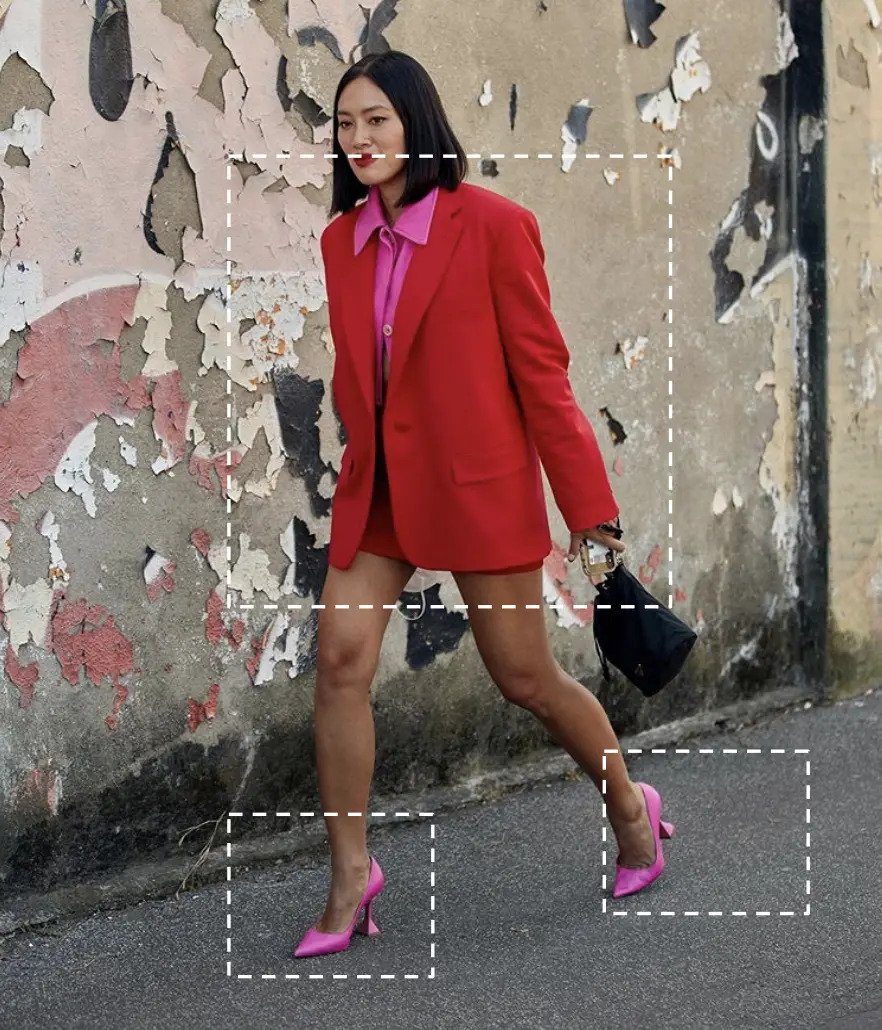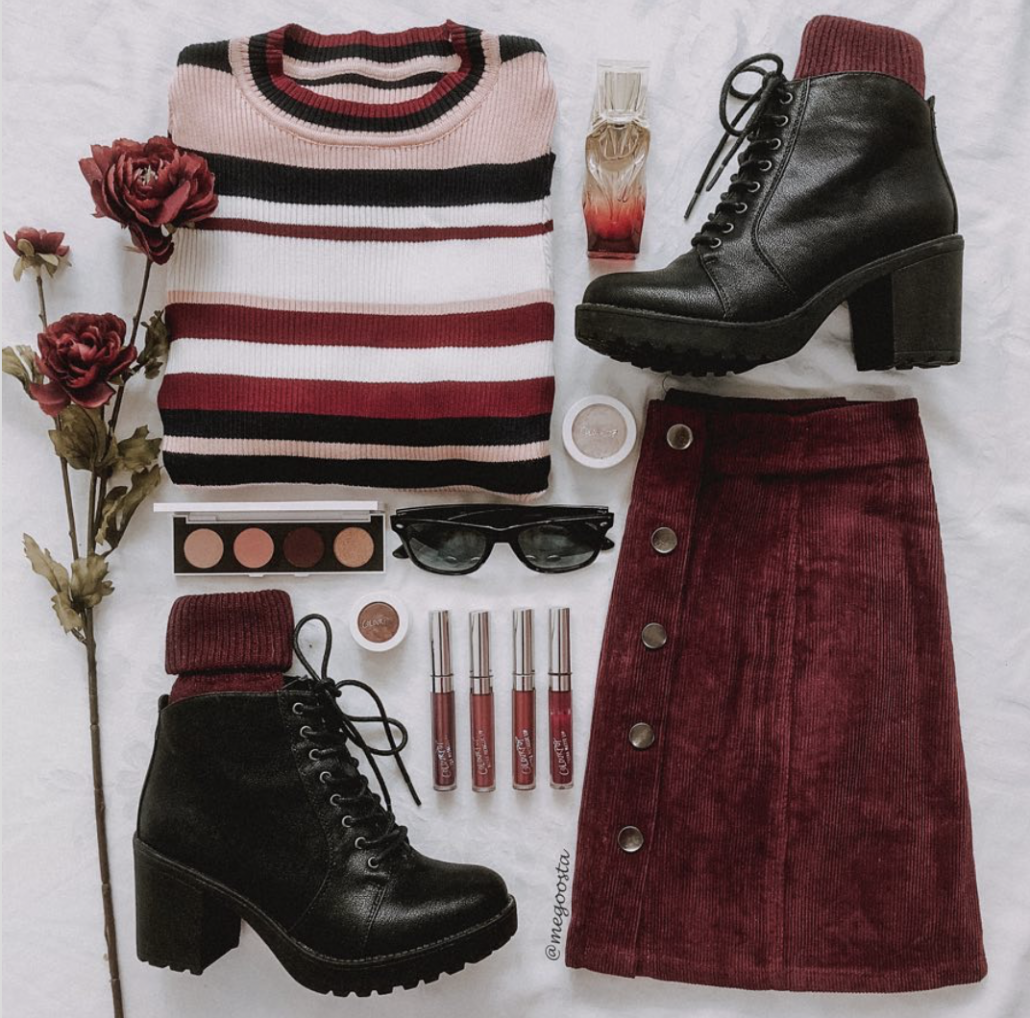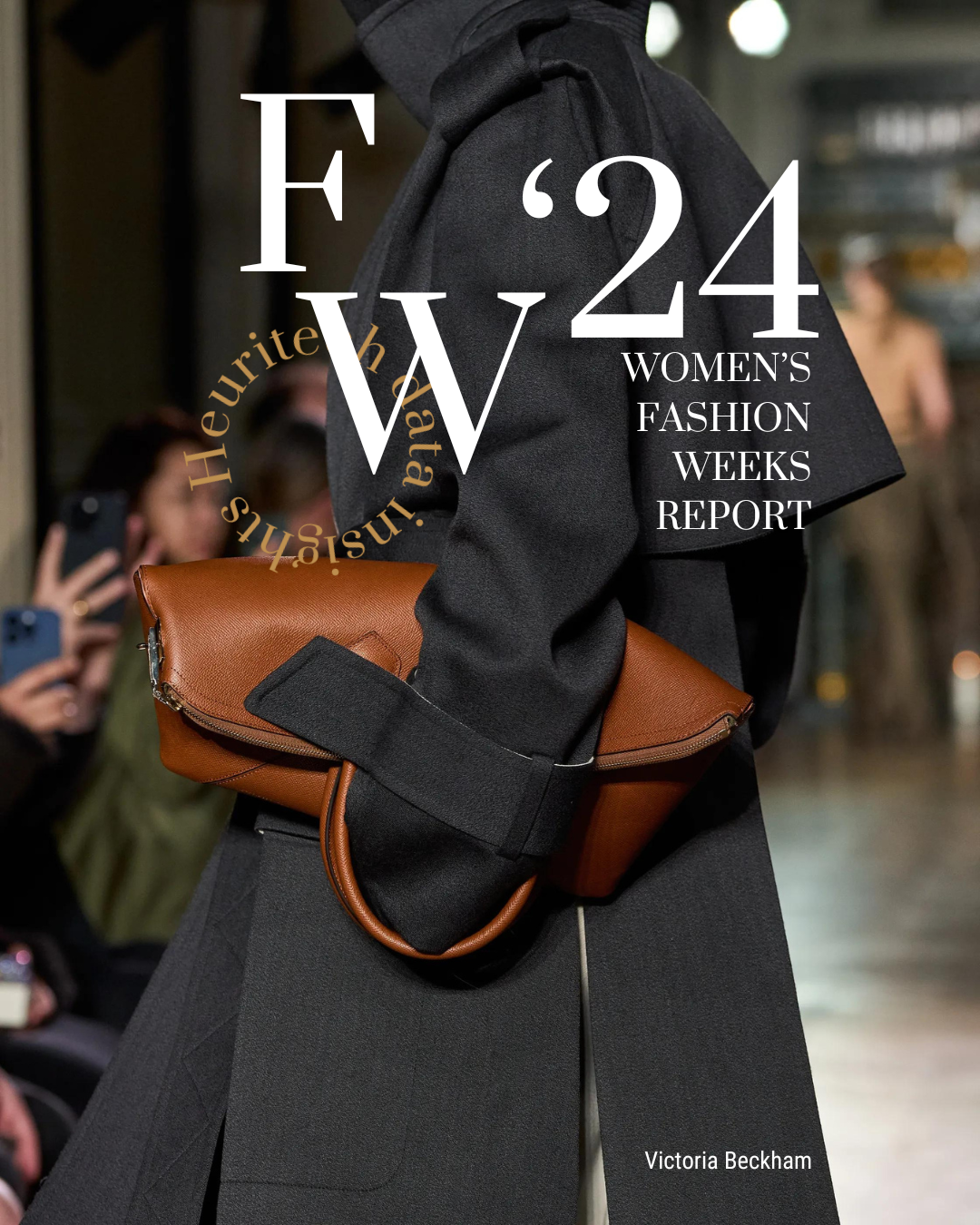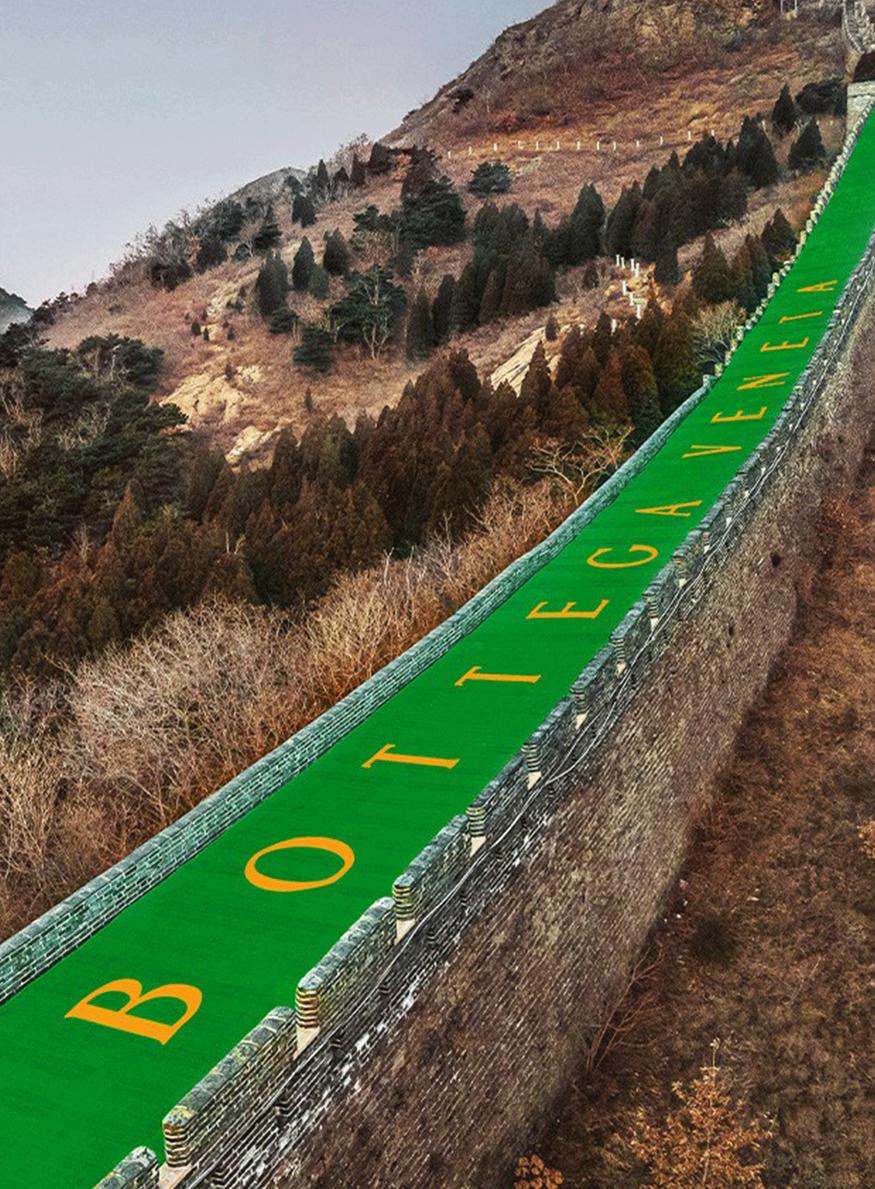The Sustainable Fashion Emergency
“Companies will have to take more responsibility and accountability for the impact they have on the planet and society.” Riccardo Bellini, Chief Executive Officer at Chloé, effectively summarized the current reality of the fashion industry in a recent interview with WWD.
The problem of overproduction lies at the heart of fashion’s adverse impacts on both the planet and the people. Brands churn out collections after collections that people don’t care to buy.
According to the leading think tank Ellen MacArthur Foundation, global textile production has more than doubled in the past 15 years. Additionally, the total greenhouse gas emissions from production, at 1.2 billion tonnes annually, are more than those of all international flights and maritime shipping combined.
Harshly juxtaposed against those statistics is the open secret that luxury houses and high street brands routinely burn millions of euros worth of unsold stock. Most of those garments are in perfect condition but they are incinerated to avoid devaluation of the brand or counterfeiting is served as the justification. Either way, it is hurtful because significant energy had been used to produce them in the first place. It is increasingly obvious that the existing system is broken and the industry collectively needs to usher in a system-level change powered by collaboration and innovation.

Are consumers truly advocating for a more sustainable fashion?
Fashion trend detection with Artificial Intelligence could reduce forecasting errors by 50%
Artificial Intelligence (AI) is a successful driver of technological innovation and herein lies the opportunity for fashion companies to harness the potential of this technology to become more sustainable in their operations.
Today, we can define AI as intelligent programs that achieve tasks usually tackled by humans. It is a field of research which includes Machine Learning, Deep Learning, Natural Language Processing and Visual Recognition, among others. In simple terms, by extracting information from large quantities of data, the technology offers insights that backs the creative intuition with data and helps a fashion designer as well as a brand owner to produce better and become more sustainable.
The use of AI at different stages of production in the fashion industry, all the way from pre to post-design phase and then also the logistics, translates into intelligent production. It starts with intelligence at the very first step i.e. trend forecasting and demand planning. The accuracy spreads through a domino effect and propagates sustainability.
In fact, according to studies from Opus Restructuring and Juniper Research, AI in the fashion industry has become so widespread in 2020 that 44% of UK fashion retailers who have not implemented AI are currently facing bankruptcy. As such, global spending on AI by the fashion and retail industries is predicted to reach $7.3 billion each year by 2022.

These predictive analytics help first with production and demand planning in order to avoid overstock, an approach that reduces waste because collections have been planned with accurate inventory assortment and quantity. Additionally, trend forecasting can help back up the intuition and creativity of the design team by anticipating what style will work or fail.
This results in a positive return on investment for the brand as it minimises overstock, streamlines production, optimises turnover and generates relevant sales.
Artificial Intelligence applications: From inventory planning to personalization
The scope for AI application also extends to the actual garment production process through automation. Even though the use of robots to handle fabric is challenging, a host of startups are working in this space. US-based Grabit is deploying a mix of static electricity, machine learning and automation to assemble garments and has worked with Nike to assemble its trainers. At a macro level, AI enables the workforce to focus more on value addition instead of standardized routine tasks.
Meanwhile, this very workforce, placed in the complex fashion supply chain, has suffered at the altar of fast-fashion. Garment factory workers are forced to work in sub-optimal conditions and are paid poorly. Established brands have received flak for not doing enough to fix this painful reality of the fashion supply chain. Here again, AI based tools are being deployed to track the tiers of suppliers operating at different stages of garment production and usher in the culture of transparency. Software startups like Sourcemap and Trustrace work with apparel brands to create visualisations of supply chains, backed by verified supplier data and mapped with company-specific sustainability metrics.
Inventory demand planning is benefitting hugely from the use of AI. Real-time data helps the brand to adjust to stock needs of offline stores along with its online store. Zara continues to invest behind AI, automation and big data into supply chain and business strategy to outperform competition and steer clear of excess inventory.
Moving to the consumer end of the business, brands were quicker to experiment and integrate AI-based applications compared to the back-end or supply chain side.
Stitch Fix marries the input from customers with AI and human stylists

As the ecommerce model scaled up, the focus moved to improving the online shopping experience through personalised product recommendations. One of the pioneers in this space, Stitch Fix marries the input from customers with AI and human stylists. Then came along AI chatbots or smart assistants that use natural language processing to interact with customers. Levi’s launched a virtual stylist through Facebook messenger and its website. Called Levi’s Indigo, it helps the online shopper with finding the garment on the brand site, best suited to their style and size. These examples might not be directly enabling sustainability but by helping customers make better buying decisions, such consumer-facing tech results in lesser returns and in turn reduces the carbon footprint.
As per the PWC Global Artificial Intelligence Study, “we could eventually move to fully interactive and customised design and supply in which AI created mock-ups of garments are sold online, made in small batches using automated production, and subsequent changes are made to design based on user feedback.”
Integrating AI into fashion design promises positive outcomes for a more sustainable future, but this technology can equally be integrated into other aspects of the collection process. AI-based trend forecasting can give back designers’ intuition before they even begin creating, and it can assist merchandisers in assortment and production decisions. The macro outlook is indeed promising as we collectively work towards a future where the fashion industry is marked by efficiency, reduced wastage and personalisation.




